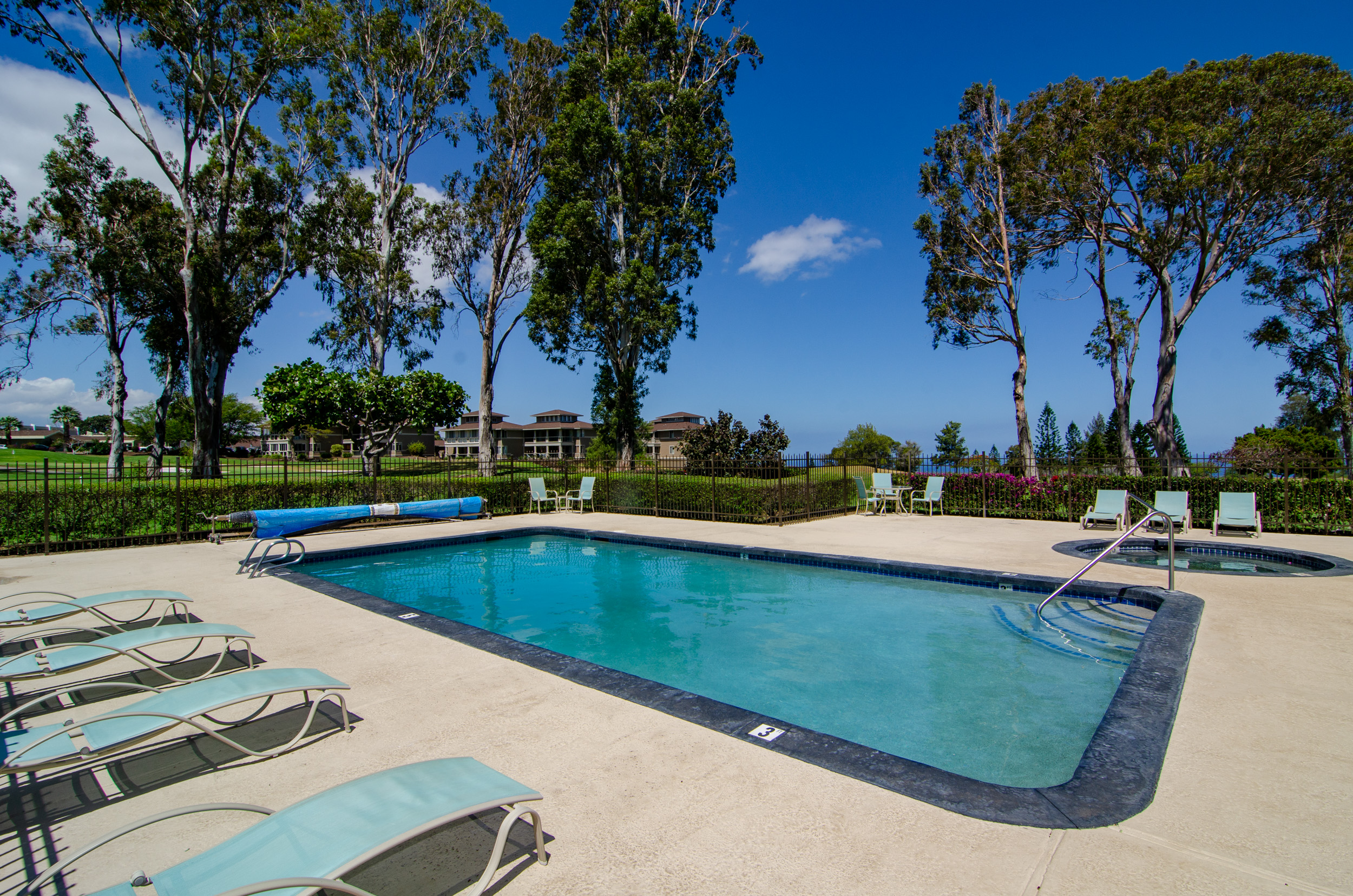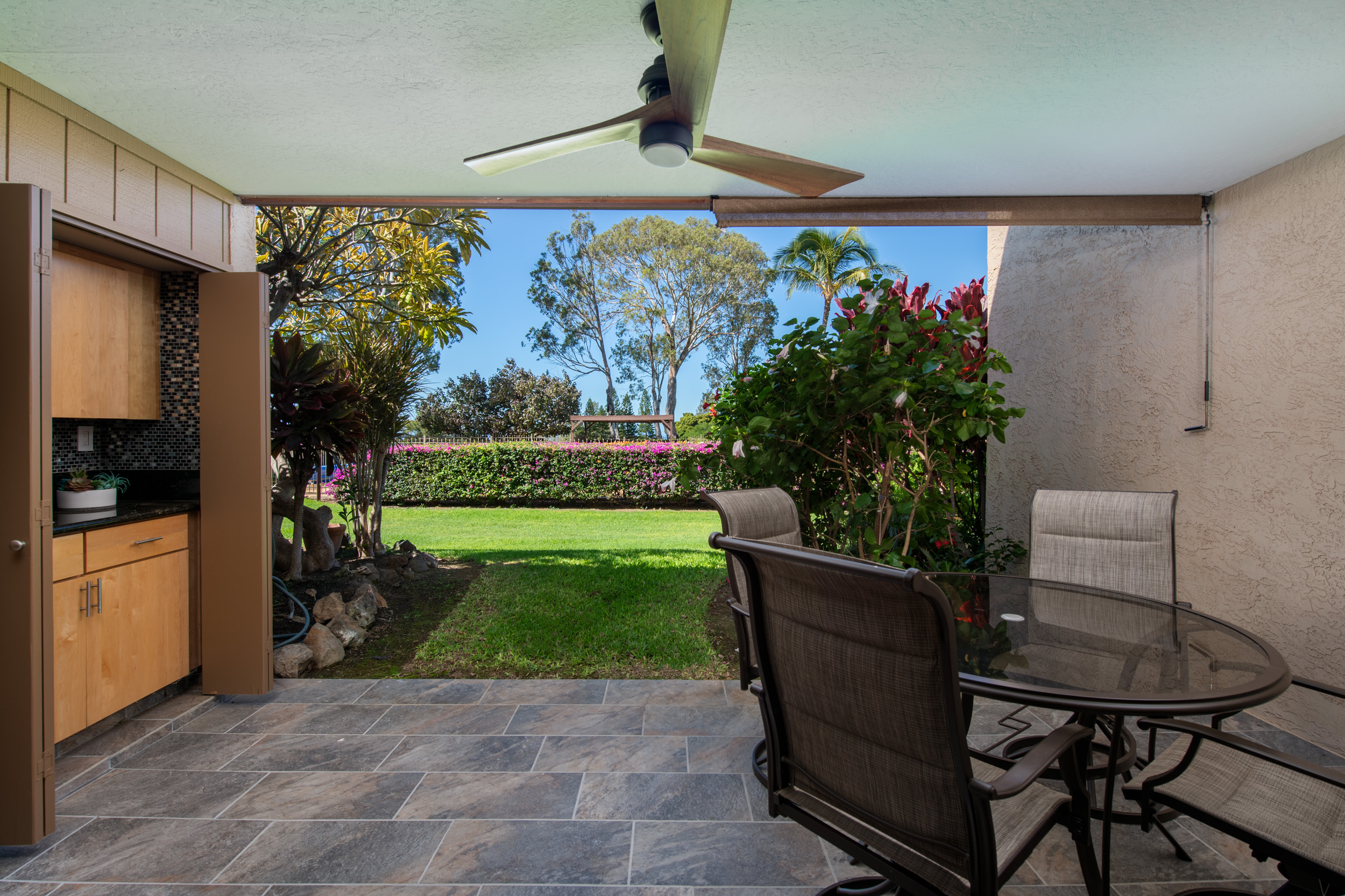Big Island Essentials: The 8 Most Asked Questions About Short-Term Rentals
The allure of short-term rentals on the Big Island is undeniable. With its stunning landscapes, rich culture, and year-round appeal, it’s no wonder that hosts and travelers alike are drawn to this tropical paradise. However, navigating the world of vacation rentals on the Big Island can be complex, primarily due to the rules and regulations in place and the upcoming new regulations.
In this comprehensive guide, I will address some of the top 8 questions and concerns regarding short-term rentals on the Big Island, focusing on purchasing a rental property and complying with local laws and regulations. Whether you’re an aspiring host or a curious potential buyer, I’ve got you covered. Let’s delve into the intricacies of short-term rentals on this magnificent island.

1. Do You Need a Permit or License to Operate a Short-Term Rental?
Yes, running a short-term rental business necessitates obtaining the necessary Short-Term Rental Permit as well as two additional tax licenses, the Transient Accommodation Tax (TAT) and the General Excise Tax (GET).
If the property you’re eyeing lacks the required license, it’s crucial to consult your local real estate agent to ascertain the eligibility for obtaining the permit. Given that the permitting process can be intricate, involving applications, floor plans, fees, and more, it’s advisable to collaborate with a licensed property manager to navigate the application process effectively.
2. Can I Operate a Short-Term Rental in a Condo?
The answer is both yes and no. Many condos on the Big Island allow for short-term rentals, yet not all do. Some complexes, governed by their homeowners’ associations, have regulations that prohibit rentals for periods under 30 days.
While I wish there were a convenient one-stop resource to help you easily identify properties that allow or disallow short-term rentals, unfortunately, unlike some other states, we don’t have such a tool. This is where an experienced real estate professional can be invaluable in guiding you through this process.

3. Can I Operate a Short-Term Rental in a Single-Family Home?
The answer again is both yes and no. This is where it gets complicated, especially since the County of Hawaii is working on new upcoming regulations targeted to single-family homes and operating short-term rentals out of them.
Those new laws have not been passed yet; they are in draft form and may be passed in the near future. Currently (January 2024), it is legal to have a short-term rental in a single-family home if the home is hosted or is an un-hosted property or has a non-conforming permit already in place.
4. Are There Any Zoning Restrictions for Short-Term Rentals?
Property zoning plays a significant role in short-term rental regulations. Certain areas on the Big Island may prohibit or limit vacation rentals in residential zones. Understanding the zoning regulations in your chosen location is crucial to avoid legal issues.

5. What Taxes and Fees Apply to Short-Term Rentals?
Short-term rentals on the Big Island are subject to various taxes and fees, including the Transient Accommodation Tax (TAT) and the General Excise Tax (GET). You are ultimately responsible for collecting and remitting these taxes to the appropriate authorities but can also hire your property manager to assist with these taxes.
6. Are There Restrictions on the Number of Guests or Minimum Stay Requirements?
Specific complexes may limit the number of guests permitted in a short-term rental property and minimum stay requirements. It’s essential to communicate with your real estate agent regarding these regulations.
Sometimes, the listing agent possesses information about the house rules, which can specify whether there is no minimum stay, a three-day minimum, or even a seven-day minimum stay requirement. If your real estate agent does not know, it’s essential to read the house rules during escrow to determine if there is a minimum stay for short-term rentals in the complex.
7. What About Buying a Property Already on Airbnb or VRBO?
When acquiring a rental property, the prospect of inheriting future bookings from platforms like Airbnb or VRBO can be thrilling. However, transferring future reservations introduces a layer of complexity that can be challenging. Enlisting the help of a property manager to facilitate the transfer of these future bookings can greatly simplify your life in this regard.
The simplest way to describe buying a property with existing future bookings is to think of it as acquiring two separate entities: the property itself and the pre-existing reservations. This process might give the impression of going through escrow twice, as each aspect – the property and the reservations – comes with unique details to manage.

8. Are There New Upcoming Rules, and How Do They Affect Short-Term Rentals?
Yes, three new proposed bills which will affect all short-term rentals on the Big Island. They are still in draft form, but they may come into law; we just don’t know when. These new laws may affect your ownership, or upcoming purchases are essential. Here is a link to the drafts.
If you have a free day and want to understand the rules and regulations governing Short-term Rentals, consider reading Bill 108, Ordinance 2018-114.
Navigate Short-Term Rental Investments With Our Local Expertise
Understanding and complying with the rules and regulations surrounding short-term rentals on the Big Island is essential for a successful and trouble-free purchase. Each Island in Hawaii has its own regulations for Short-term rentals, and they continue to evolve.
As a licensed real estate agent, my role is to assist you in finding the perfect short-term rental property that aligns with your requirements. Understanding the locations where short-term rental businesses are feasible is just the beginning. Our hands-on, local expertise is crucial to guiding you through your purchasing journey.


Sue
February 11, 2024
As usual, great insight Leeana. Your skills in this area are outstanding!